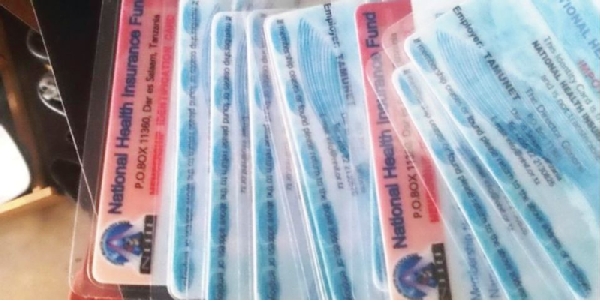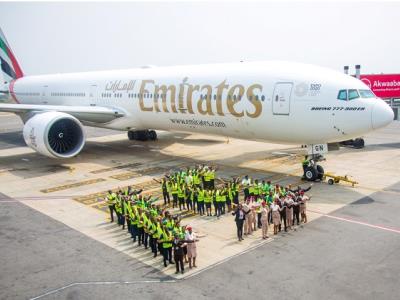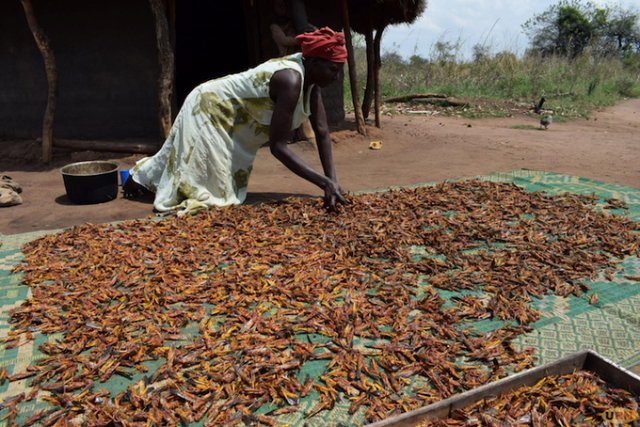Letter from Africa: Spare a thought for stranded migrants

In our series of letters from African journalists, Ismail Einashe writes that migrants are facing a tougher time since the outbreak of coronavirus.
Thousands of African migrants are stuck in transit – unable to reach their destination or to get back home because the coronavirus pandemic has caused the world to come to a standstill.
Take two key exit points: the Horn of Africa route via the Gulf of Aden into the Middle East and the central Mediterranean route from Libya to Europe.
On the Horn of Africa route, the UN agency, the International Organisation for Migration (IOM), has recorded a sharp fall in the numbers of migrant crossings.
In April just 1,725 migrants arrived in Yemen from the Horn, compared to 7,223 in March, 9,624 in February and 11,101 in January of this year.
Last year more than 138,000 people – an average of around 11,500 a month – crossed on boats to Yemen, the majority Ethiopians bound for Saudi Arabia in search of work.
In the Somali port of Bosaso, migrants bound for the Middle East have been left stranded.
In Djibouti, hundreds of migrants have been abandoned by traffickers in a country with one of the worst coronavirus outbreaks in Africa.
‘Coronavirus has changed everything’
The IOM estimates that about 400 migrants are currently been hosted by members of the local Ethiopian community in informal settlements around the city but the agency says they face increased stigma and abuse because travellers are seen as carriers of the virus.
A 19-year-old migrant told IOM: “I have been here for around three months. The coronavirus has changed everything. I cannot continue. I cannot go back because all borders are closed.”
Meanwhile, across the Red Sea in Saudi Arabia and the United Arab Emirates have deported nearly 3,000 Ethiopian migrants on cargo planes over suspicions that they have Coronavirus.
Most of them are domestic workers – including maids – who worked legally for low pay in the oil-rich Arab states.
In Libya – the other key exit point, and the most dangerous sea crossing for migrants in the world – restrictions have prevented humanitarian boats from rescuing migrants stranded at sea – with migrants forced to return to a country mired in a dangerous conflict.
There is likely to be a sharp rise in attempts to migrate to Europe once travel restrictions are lifted – not least because lockdowns in African states have worsened poverty and have caused more damage to already struggling economies.
As for European states, they have used the Covid-19 pandemic to once again politicise the issue of migration.
Malta has closed its ports and returned migrants at sea to Libya, while Italy said migrants would be quarantined on rescue boats.
Source: bbc.com





